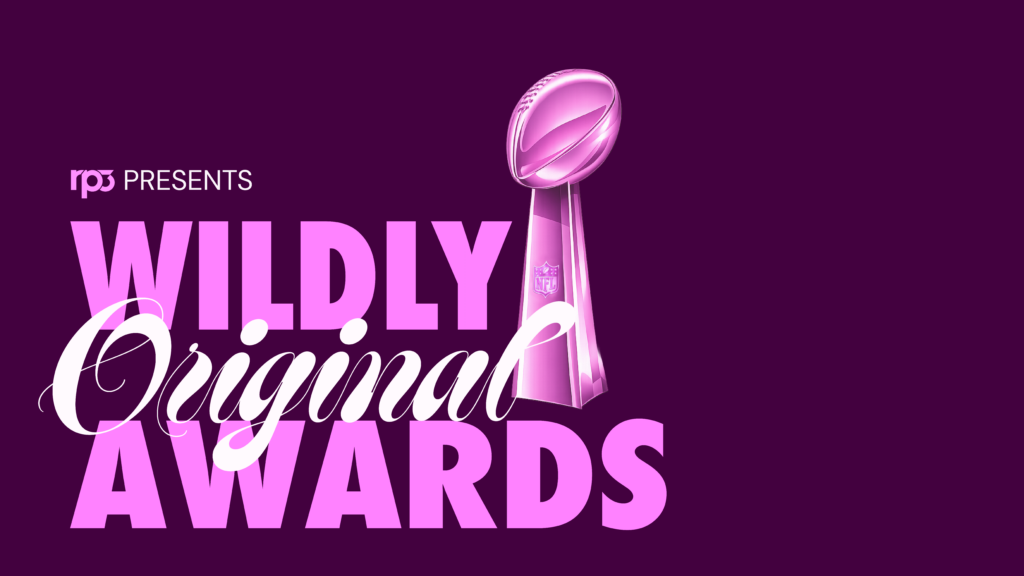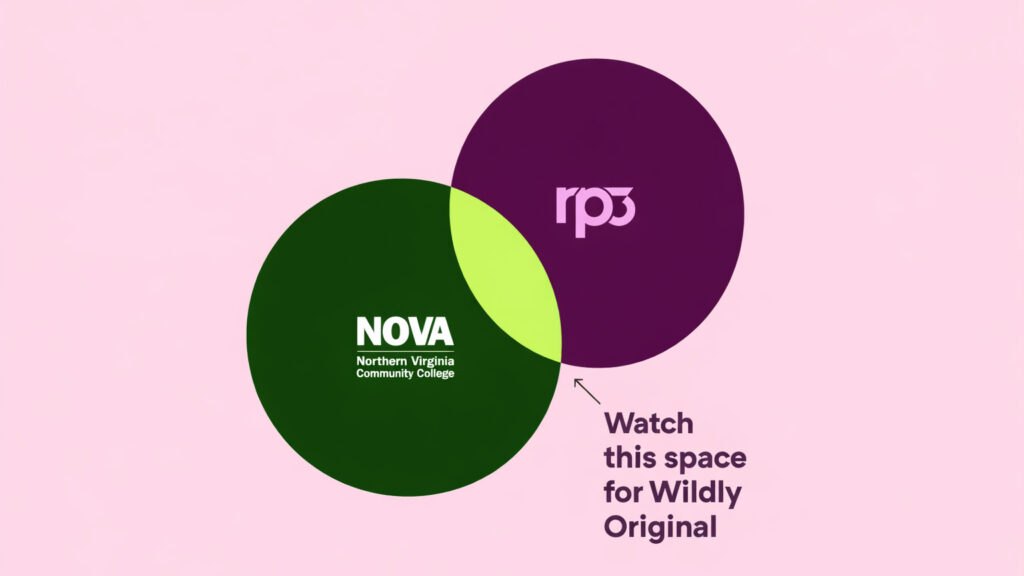
Consumer Culture in the Time of COVID-19: Fuel for Thought #4
First, there was the pandemic. Then, a tidal wave of outrage over racially motivated injustice, followed by protests, and dramatically increased awareness and anger about systemic racism. Then the pandemic doubled down and the economy followed suit. The scales are falling off our collective eyes, and we’re seeing the world around us in an entirely new way.
Since the start of the pandemic, Americans collectively agreed that our sense of freedom was being more negatively impacted than any other value. But the June 11 wave of Heart+Mind’s bi-weekly tracker showed a dramatic shift in the way the country is feeling: now, it’s our sense of social order that’s been more disrupted than anything else.
Psychological uncertainty of this scale causes people to question everything – including their consumption patterns. According to a Suzy™ study conducted mid-June, 70% of Americans had purchased a new brand or product in the past two weeks. We’re looking around for new rituals and routines to ground us, and brand loyalty is in a precarious place. So how can marketers build trusting relationships with consumers and customers? Ensure that the brand values and the company values align.
Are we saying that now, in addition to everything else marketers are responsible for, they now also have to be in charge of Diversity & Inclusion policies, and employee relations, and fair wage enforcement, and environmental impact initiatives? No. But here’s what marketers can do:
- Make sure the C-suite understands. Consumers are pulling back the veil between the brand and the company. How a company conducts business now has a direct impact on sales. Back in 2019, an Edelman Intelligence study showed 64% of Americans were “belief-driven buyers” – people who believe brands should be part of the solution to social problems, and believe supporting those brands can help bring about change. Now, according to the June 25 edition of Dentsu’s Recovery Navigator, 72% of Americans are choosing brands that act with the good of society in mind.
So what is it, then, that consumers want from “brands”? All of the studies we’ve mentioned so far, plus a few more (like Ipsos), indicate that people want to see companies taking care of their employees physically and financially; they want companies to commit to something bigger than just profit/products; they want companies to support local communities; and they want companies to take actions that protect the environment. The “brand” alone can’t meet these demands. It has to start inside, with the company.
- Take a closer look at the future. A plurality of Americans believe businesses have done at least a “good” job with their response to the pandemic, but approval ratings vary dramatically among generations. According to Heart+Mind data from June 11, while 55% of Boomers believe businesses have done a good or excellent job with their response, only 27% of Gen Z and 35% of Millennials agree. The younger audiences demand a lot more from corporate America than previous generations did. Is your company ready to meet their expectations?
- Embrace change. Culturally, Americans are realizing that they can’t make things go back the way they once were. So they’re accepting the change and even looking for ways to capitalize on it by reinventing themselves. Now is not the time to cut your research budgets. Now is the time to rethink that segmentation study you did two years ago. And while quantitative data is important, now is the time to stay close to your target audiences in very human ways – think ethnographies, or video journals, or brand panel communities. Because people are changing, and they will reward you with their trust and loyalty if both your brand and your company can support them on the journey.
Ultimately, we are headed in a direction where there will be little – if any – difference between a company and a brand. Currently, big companies like Unilever still aren’t entirely recognizable to consumers as the organization that owns, for instance, the Ben & Jerry’s brand, but those days might be numbered. People are looking at the world in a whole new way.
Let's make some good.
Drop us a line


